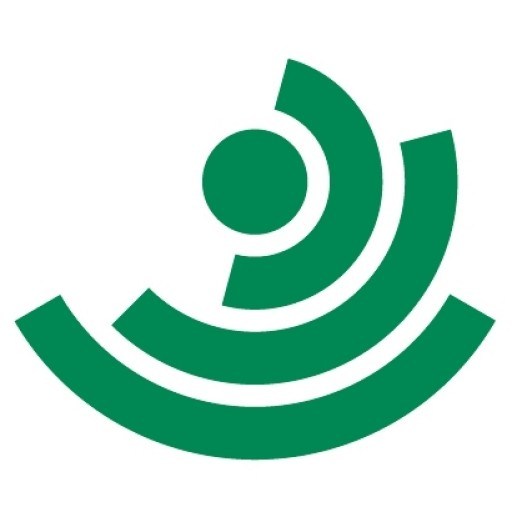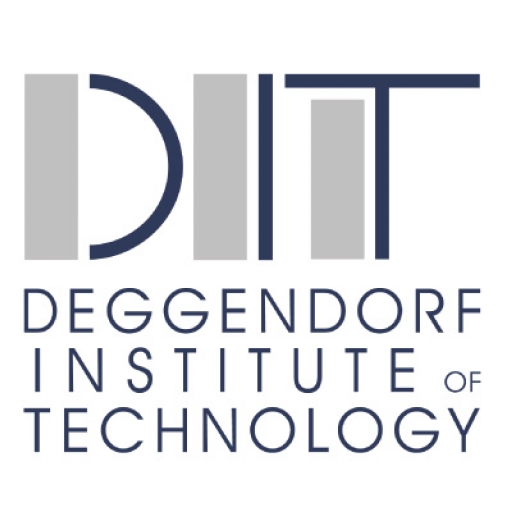Photos of university / #uni_fau
The Master's degree program in Medical Engineering with a specialization in Medical Image and Data Processing at Friedrich-Alexander University Erlangen-Nuremberg offers students a comprehensive education at the intersection of engineering, medical sciences, and information technology. This interdisciplinary program is designed to equip future professionals with the necessary skills to develop innovative solutions for medical diagnostics, treatment, and healthcare management. Throughout the course, students gain in-depth knowledge of medical imaging technologies, such as MRI, CT, ultrasound, and nuclear medicine, alongside advanced data processing and analysis techniques. The curriculum emphasizes the application of signal and image processing algorithms, machine learning, and artificial intelligence to enhance medical image quality, interpret complex datasets, and support clinical decision-making.
The program combines theoretical coursework with practical training, providing students with hands-on experience in programming, modeling, and simulation of medical devices and systems. Collaboration with hospitals, research institutes, and industry partners ensures that students are exposed to real-world challenges and cutting-edge innovations in medical engineering. The program also covers subjects related to biomedical signal processing, computer-aided diagnosis, medical robotics, and health information systems, preparing graduates for diverse roles in research, development, and clinical practice.
Students have access to state-of-the-art laboratories equipped with advanced imaging and processing tools, fostering an environment of innovation and experimentation. The instruction is delivered by experienced faculty members who are active researchers and professionals in the field. The program's international focus and multidisciplinary approach aim to provide graduates with the skills necessary for global careers in healthcare technology development, medical informatics, and biomedical research. Graduates of this program are well-positioned to contribute to the advancement of personalized medicine, medical imaging diagnostics, and digital health solutions, making a meaningful impact on patient care and health outcomes worldwide.
Educational organisation
Besides compulsory and elective modules, the Master's degree programme is made up of courses for personal competence build-up and the Master's thesis. Course types vary from lectures and lab courses to seminars. Additionally, a research laboratory module is integrated into the curriculum, which is carried out at a chair of the School of Engineering and provides students with scientific working skills.Within the compulsory module groups as listed below, students may decide on several course propositions according to their personal interests and future professional needs.
- medical specialisation modules (10 credits)
- engineering core modules (20 credits)
- medical engineering core modules (20 credits)
- medical engineering core skills (10 credits)
- medical engineering specialisation modules (10 credits)
- medical engineering practical skills (10 credits)
- flexible budget (10 credits)
Forms of assessment
Exam types range from written and oral examinations to presentations, written assignments, and ungraded coursework.Language requirements
Applicants must provide proof of their English skills by means of, e.g.:- Internet-based TOEFL score of at least 95
- paper-based TOEFL score of at least 570
- computer-based TOEFL score of at least 230
- IELTS Score of min. 7.0
- Cambridge Certificate in Advanced English
- UNIcert III
Academic requirements
- Bachelor's degree (or equivalent) in medical engineering, computer science, or a related technical subject; students with a non-technical background (medicine, biochemistry, nursing etc.) are not eligible.
- advanced knowledge in the fields of mathematics, computer science, and electrical engineering
- programming skills in C/C++ and Java
A first self-assessment can be carried out on the programme website.
See: http://www.medizintechnik.studium.uni-erlangen.de/studieninteressierte/zugang-masterstudium/selbsttest.shtml
Enrolment fees
The contribution to student services currently amounts to 42 EUR per semester. An additional charge of 65 EUR per semester covers the mandatory basic "semester ticket", a transit pass that provides students with unlimited access to public transport in the metropolitan region of Nuremberg from 7pm to 6am on weekdays and at all times at weekends. (For an additional optional charge, the validity of the pass can be extended to 24 hours a day, seven days a week.)Costs of living
The cost of living can only be approximated very generally, as the needs and living conditions of every student are different.Rent: 250-600 EUR per month
Health insurance, doctor, medicine: approximately 70 EUR per month
Food: approximately 165 EUR per month
Study materials: approximately 30 EUR per month (depending on the subject)
Transport: minimum 65 EUR per semester
Student services: 42 EUR per semester
For more information, see: http://www.fau.eu/study/prospective-students/financing-your-studies/costs-of-studying
General information on the average cost of living in Germany is available online: http://www.internationale-studierende.de/en/prepare_your_studies/financing/costs_of_living
Funding opportunities within the university
The Central Office for International Affairs offers scholarships from Bavarian state funding to allow highly qualified international students in Master's, German Diploma ("Diplom"), and State Exam degree courses to complete their degrees.http://www.fau.eu/international/international-applicants/bachelors-masters-state-examinations/during-your-studies/scholarships-for-international-students-about-to-graduate/
Arrival support
In the last week before the beginning of the lecture period (beginning of October/April), an introductory meeting is held in which students receive information about living in Erlangen, creating their class schedule, contacting FAU staff, using FAU software, and more. Individual help concerning the study programme is always available at the study programme adviser's office.Services and support for international students
The Student Advice and Career Service (IBZ) will provide you with detailed information on all important topics relating to your studies (study courses, subject combinations, application requirements, support with organising your study programme and complying with all assessment/examination requirements) and on settling in at the beginning of the semester (coping with particular difficulties, changing subjects or suspending studies). For more information, see http://www.fau.eu/study/prospective-students/student-advice.The Career Service of FAU will provide you with information on career opportunities and the specifics of an application procedure in Germany. For information, see: http://www.fau.eu/study/current-students/career-service.
The Student Service Centres (SSC) and student advisers in the faculties will provide you with further advice on your particular course of study. Programme coordinators organise subject-related orientation events and guide you through the entire study period.
The Central Office for International Affairs (RIA) will provide you with detailed information on accommodation, visa issues, and scholarship possibilities. In cooperation with the IBZ, it also organises information events and general orientation courses for first-semester-students.
See: http://www.fau.eu/international/international-applicants.
The Alumni network provides students with many topics and events for professional advancement. See: http://www.fau.eu/alumni.
Accommodation
Erlangen and Nuremberg are attractive cities with a historic flair and modern infrastructure. Therefore, the housing market is quite tight. FAU will do its best to assist new students in finding accommodation.Student halls in Erlangen and Nuremberg can only provide accommodation for a small number of students. Another option is the private housing market. If you extend your search to neighbouring towns, such as Fürth and Forchheim, your choice of accommodation is much larger and rents are lower, while the well-developed local public transport system ensures that you're never far away from the university. In addition, there is the option to sublet a room, or you can share a flat with other students. This option not only saves you money but also helps you settle in quickly and make friends in your new home. You can find information to help with your housing search on specialised websites and the university's notice boards.
Detailed information on finding accommodation is available at http://www.fau.eu/international/international-applicants/important-information.
If you need further assistance, you can also turn to the Accommodation Service of the Central Office for International Affairs (RIA). E-mail: accommodation@fau.de.








